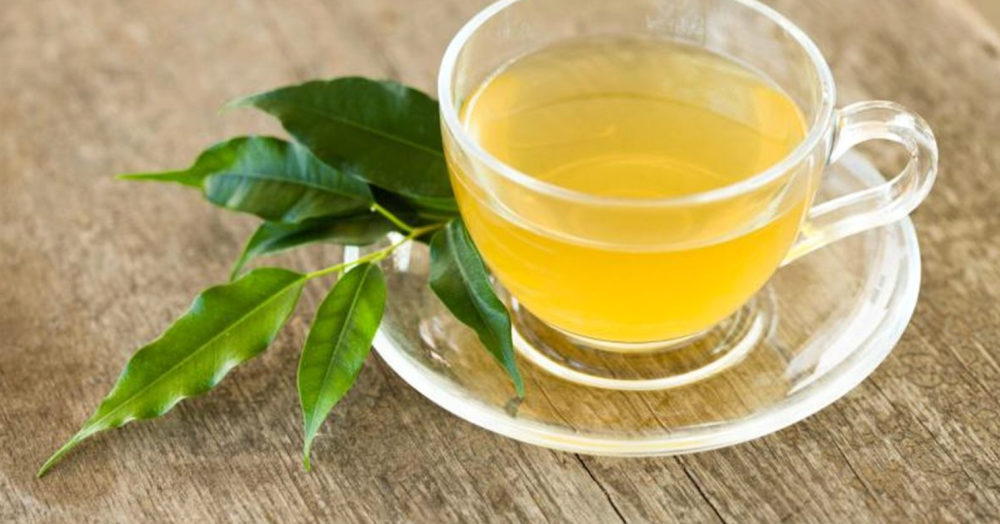 To date, the possible role of carbohydrate contained in honey during recovery after exercise has yet to be investigated. This particular study was proposed with the use of Acacia honey produced in Malaysia which hold 31.2% of fructose, 22.9% glucose, 3.3% of maltose, and 9.9% of sucrose, and it also contains 13 milligrams of sodium per 100 g of serving and 75 of CHO per 100 g of serving. This was based on a recent previous study which showed that a mixture of glucose and fructose ingestion resulted in approximately 55% exogenous carbohydrate oxidation rates compared with glucose ingestion alone during cycling.
To date, the possible role of carbohydrate contained in honey during recovery after exercise has yet to be investigated. This particular study was proposed with the use of Acacia honey produced in Malaysia which hold 31.2% of fructose, 22.9% glucose, 3.3% of maltose, and 9.9% of sucrose, and it also contains 13 milligrams of sodium per 100 g of serving and 75 of CHO per 100 g of serving. This was based on a recent previous study which showed that a mixture of glucose and fructose ingestion resulted in approximately 55% exogenous carbohydrate oxidation rates compared with glucose ingestion alone during cycling.
Ten subjects participated in this randomized cross-over study. All subjects performed 2 trials. In each trial, all subjects went though a glycogen depletion phase (Run-1), 2-hour rehydration phase and a time trial running phase (Run-2). In the Run-1 phase, subjects were required to run on a treadmill at 65% VO2 max in the heat at 98.6 degrees in 70% relative humidity for 60 minutes. During the rehydration phase, subjects drank either plain water or the honey drink with about equivalent to 150% body weight loss at 0,30, and 60 minutes. In Run-2, the longest distance covered in 20 minutes was recorded for determining running performance. Statistical analysis was performed measuring and calculating, changes of body weight, total volume of fluid consumed, fluid sensation, and blood hematocrit level. Time trial running performance was analyzed separately.
After the trials, and blood samples taken every 30 minutes as well as subjects feed back using a fluid sensation scale such as thirst, sweetness, nausea, fullness and stomach upset were determined using the fluid sensation scale. In the study, they found in the blood samples that intestinal uptake of carbohydrate contained in Acacia honey drink to the blood stream of the subjects might explain the observation of higher serum osmolarity in the HD (honey drink) trial compared to the PW (plain water) without carbohydrate ingestion, and the CHO present in Acacia honey may have contributed to the improved running performance in the HD trial. These findings indicated that rehydration with honey drink improves running performance and glucose metabolism compared to plain water in the heat. Thus, honey drink can be recommended for rehydration purposes for athletes who compete in the heat.
Reference:
Ahmad N, Ooi F, Saat Ismail M, Mohamed M. Effects of Post-Exercise Honey Drink Ingestion on Blood Glucose and Subsequent Running Performance in the Heat. Asian Journal of Sports Medicine. 2015;6(3). doi:10.5812/asjsm.24044.